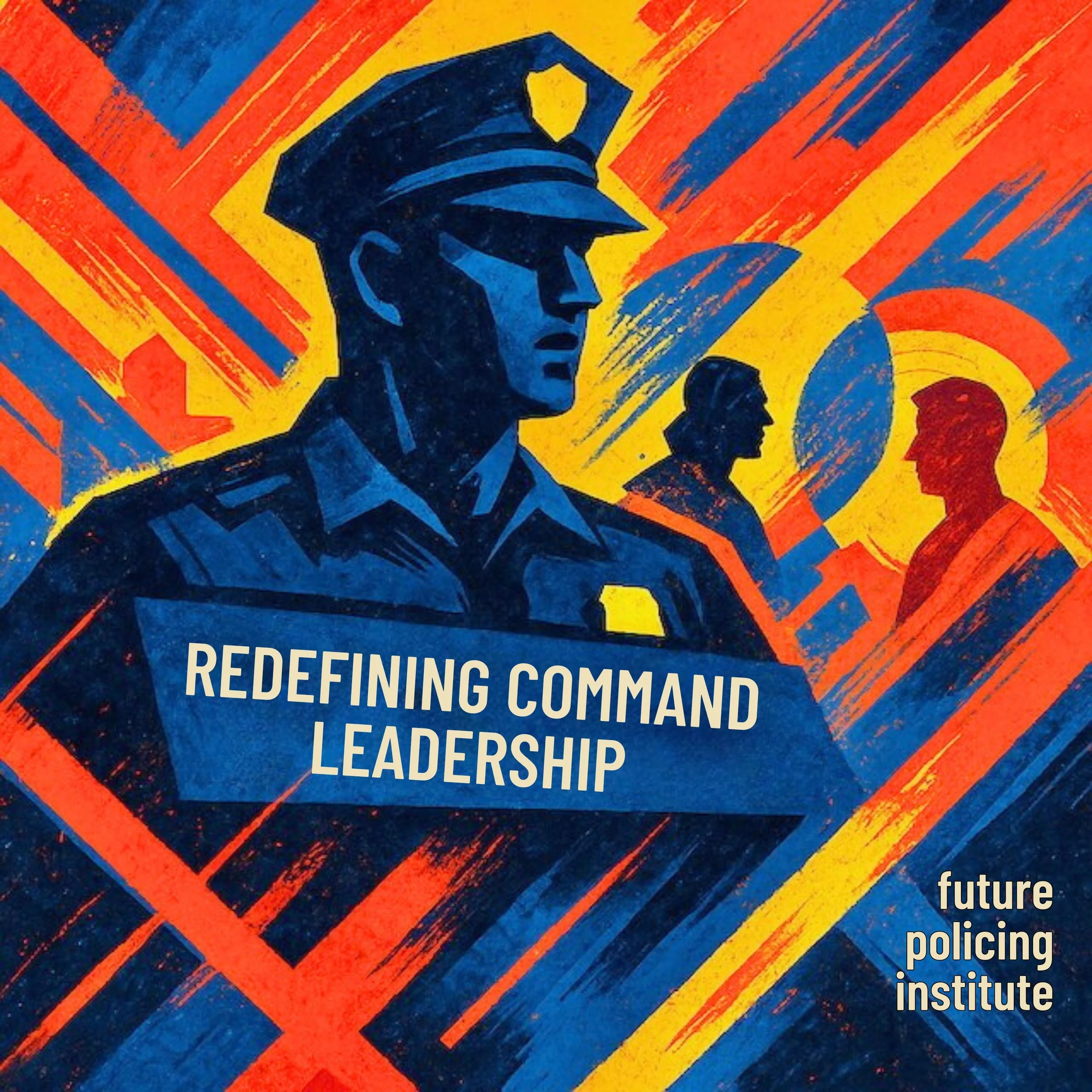Disclaimer: The views and opinions expressed by the Future of Policing Institute fellows are theirs and do not necessarily reflect the views or positions of any entities they represent.

Redefining Command Leadership: Building Adaptive Culture and Organizational Integrity from the Inside Out
This article emphasizes that organizational leaders, especially in policing, must prioritize fair and humane internal processes, intentional culture-building, and long-term stewardship to build trust and effectively evolve their agencies. Without these efforts, departments risk disengagement and fractured trust both within and with the public.

Policing’s Hero Mentality
What if policing wasn't the first response – but the final one? In The Hero Mentality, Captain Craig Solgat, a FPI Fellow, proposes a bold, future-focused vision of policing where police are deployed not by default, but with deliberate purpose.

When Good Ideas Are Not Enough
This reflective article, by FPI Fellow Brian Gray, explores the tension between traditional policing and future-forward innovation. Drawing from decades of frontline experience and leadership, the Gray makes a compelling case for why policing must move beyond bureaucratic inertia, ego-driven resistance, and outdated thinking to embrace innovation, critical inquiry, and cross-disciplinary collaboration. Click here to read the article.


Are you a police chief or a firefighter?
If you spend most of your day putting out spot fires, you are not setting the course for your agency – here’s how to balance crisis management with long-term planning.

The Culture Code in Law Enforcement Episode I
Leadership in law enforcement is faced with a significant challenge of a changing culture, whether we like it or not. Attracting applicants and retaining them, if we can hire them, is directly tied to the culture we have within our agencies. One of the contributing factors to reduced applicants in policing may be due to the reduction in religious affiliation.

Innovation Exchanges
Policing generally seeks to innovate when there is a demonstrable public safety, political or community urgency to do so. In those agencies possessing a innovative influence within their cultures, innovation is driven by the realization that the social milieu in which policing exists today is constantly changing. To effectively serve their communities, these agencies understand that they need to change (innovate) too. By adopting a Innovation Exchange as a quick, easy and cost-effective innovation strategy, tomorrow’s policing leaders can better position their agencies to deal with an increasingly uncertain future.

